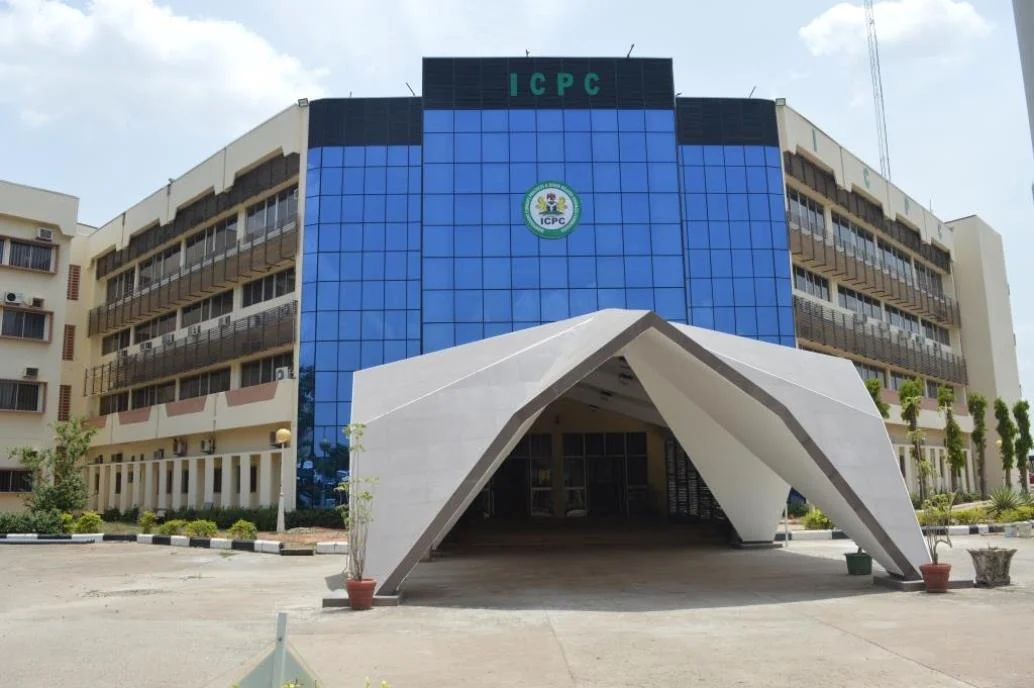In a bold move to revamp Nigeria’s civil service recruitment process, the Independent Corrupt Practices and Other Related Offences Commission (ICPC) and the Federal Character Commission (FCC) have agreed to form a joint task force.
The collaboration, formalised during a courtesy visit by ICPC Chairman Musa Adamu Aliyu to the Abuja headquarters of the FCC, aims to curtail job racketeering and reinforce transparency across federal job placements.
The initiative comes amid growing reports of backdoor appointments and uneven recruitment practices that have increasingly excluded qualified Nigerian youths.
One federal agency, according to ICPC investigations, had allocated 189 slots in two years, more than double the number allocated to other zones.
These alarming statistics depict how the principle of federal character is being manipulated.
Aliyu described job racketeering as one of the most damaging forms of corruption, especially for the younger generation.
Many fresh graduates, disenchanted by rising unemployment, now face an additional hurdle of navigating a recruitment system riddled with favoritism and bribery. This, he said, not only violates equity and merit but also robs citizens of trust in state institutions.
The FCC, charged with ensuring fair representation across Nigeria’s diverse regions, has found itself stretched thin in monitoring compliance.
Meanwhile, the ICPC, empowered by Section 6 of its Act, has opened multiple investigations into fraudulent recruitment practices. By combining efforts, both agencies aim to track, expose, and dismantle the structures enabling this fraud.
Under the plan, a joint technical working group will be formed to analyze recruitment trends, flag suspicious anomalies, and launch timely interventions.
The group will also be tasked with recommending sanctions, refining hiring frameworks, and ensuring all future processes adhere to constitutional provisions under Section 14(3) and international obligations like Articles 5 and 36 of the UN Convention Against Corruption (UNCAC).
This collaboration comes at a time when public confidence in the federal hiring system is dangerously low.
According to civil society watchdogs, over 70% of public service job opportunities are reportedly not advertised, and fewer than 30% of those who apply through open processes believe they were treated fairly. These figures underscore the urgency of systemic reform.
FCC acting chairman Kayode Oladele welcomed the partnership, describing it as a precedent-setting step that could redefine how federal agencies operate.
Notably, this is the first time both institutions are jointly committing to crack down on irregularities in public sector recruitment.
For Nigeria’s unemployed youth, the announcement offers cautious hope. Yet, for this task force to be more than symbolic, it must act fast and transparently.
The success of the initiative will be measured by how well it restores credibility to government hiring and how firmly it closes the door to corruption cloaked in job offers.
The Independent Corrupt Practices and Other Related Offences Commission (ICPC) and the Federal Character Commission (FCC) have formed a joint task force to address the corruption in Nigeria's civil service recruitment process. This collaboration seeks to combat job racketeering and enhance transparency amidst reports of backdoor appointments that deprive qualified Nigerian youths of opportunities. Investigations revealed significant discrepancies in job allocation, with some agencies favoring certain zones disproportionately.
ICPC Chairman Musa Adamu Aliyu highlighted job racketeering as a harmful corruption form, affecting unemployed graduates and eroding trust in state institutions. Both the FCC, responsible for fair regional representation, and the ICPC, engaged in probing recruitment frauds, plan to combine efforts by forming a technical working group. This group will monitor recruitment trends, flag abnormalities, initiate interventions, and recommend reforms to adhere to constitutional and international standards.
Public confidence in the federal hiring system is critically low, with many job opportunities unadvertised and candidates feeling unfairly treated. FCC Acting Chairman Kayode Oladele hopes the partnership will set a new standard for federal agency operations. For the initiative to be more than symbolic, it must quickly and transparently restore credibility to the government hiring process and firmly address job-related corruption.






